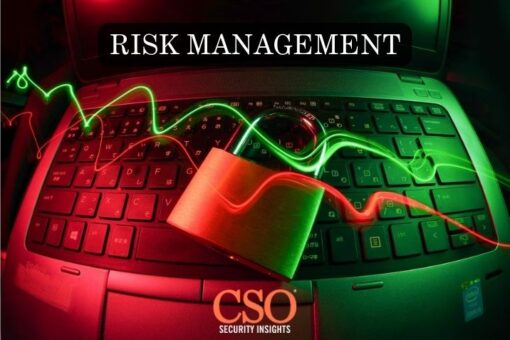The National Computer Emergency Response Team (NCERT) has issued an urgent security advisory alerting Pakistani organizations about a critical vulnerability that poses a serious threat to Windows-based systems operating in CGI mode. Identified as CVE-2024-4577, the flaw is a PHP argument injection vulnerability that could potentially allow remote attackers to execute arbitrary code and compromise entire systems. According to NCERT, this vulnerability has been actively exploited by cybercriminals worldwide, targeting servers to deploy cryptocurrency miners and remote access trojans, making it a major cybersecurity concern for Pakistani businesses and institutions.
The vulnerability specifically affects Windows servers running PHP in CGI mode, a configuration commonly used to enable dynamic content on websites. Due to improper input validation in this mode, attackers can craft malicious arguments in HTTP requests and inject them into PHP scripts. If successful, this method allows hackers to bypass security measures and gain unauthorized access to the underlying server. Reports indicate that cybercriminal groups have already started leveraging this flaw to deploy malicious payloads, including crypto-mining software such as XMRig and remote access trojans like Quasar RAT, which can give attackers persistent access to compromised systems.
The NCERT advisory highlighted that while the majority of exploitation attempts have been recorded in countries like Taiwan, Hong Kong, Brazil, Japan, and India, Pakistani organizations are also at considerable risk. This is primarily due to the widespread use of PHP-based web applications in Pakistan’s IT infrastructure across both public and private sectors. The vulnerability opens the door to several attack vectors, allowing hackers to manipulate firewall settings, install malicious Windows Installer files, and execute remote commands via cmd.exe. One of the major concerns is the deployment of crypto-jacking malware, which consumes excessive system resources and can lead to server instability, slowdowns, and even denial-of-service (DoS) attacks.
NCERT’s advisory strongly recommends that organizations take immediate steps to mitigate the risk posed by CVE-2024-4577. It advises disabling PHP CGI mode if it is not essential for operations and ensuring that external access to PHP-based applications is restricted through strict firewall rules. Strengthening access controls is also a key measure, with NCERT urging organizations to implement multi-factor authentication, enforce strong password policies, and limit the use of privileged accounts. These measures can significantly reduce the risk of unauthorized access and system compromise.
In addition to preventive actions, the advisory emphasizes the importance of continuous monitoring of system activity. Organizations are advised to review server logs regularly for any signs of unauthorized PHP script execution attempts. Implementing Security Information and Event Management (SIEM) solutions can further help detect suspicious activity and respond promptly to potential threats. Updating PHP to the latest available version and applying security patches released by PHP maintainers is critical to closing this vulnerability.
Furthermore, NCERT has stressed the need for organizations to harden their overall security posture. This includes auditing PHP configurations, disabling unnecessary features, removing default credentials, and deploying network segmentation and application firewalls. The advisory also underscores the necessity of having a robust incident response plan. Regular backups of critical data, stored in secure and offsite locations, along with a well-defined strategy for responding to cyber incidents, are essential to minimize potential damage.
Given the active exploitation of this vulnerability on a global scale, NCERT has urged all Pakistani organizations to act without delay. Addressing this flaw is crucial to safeguarding digital assets, ensuring business continuity, and enhancing overall cybersecurity resilience against evolving cyber threats.









